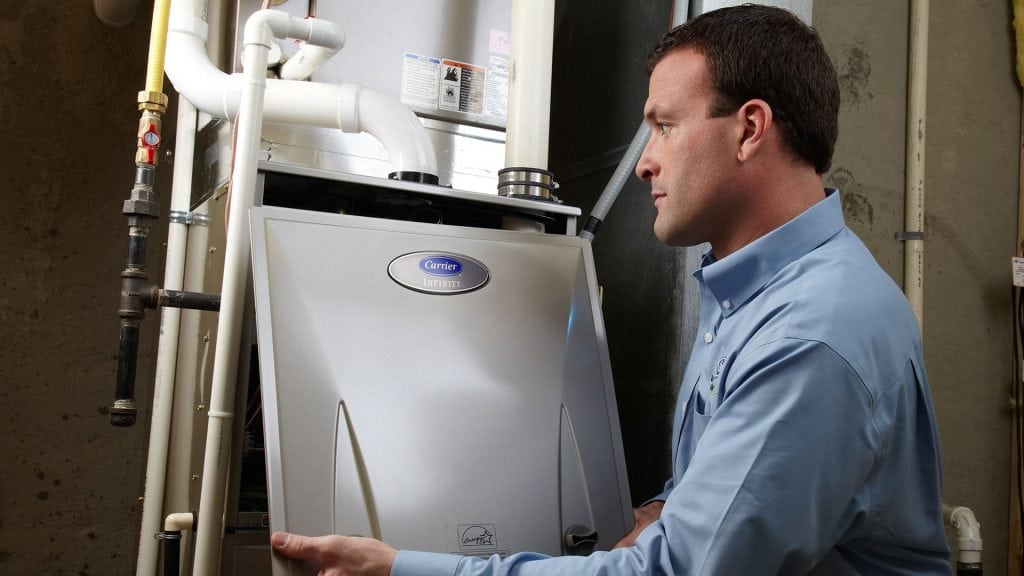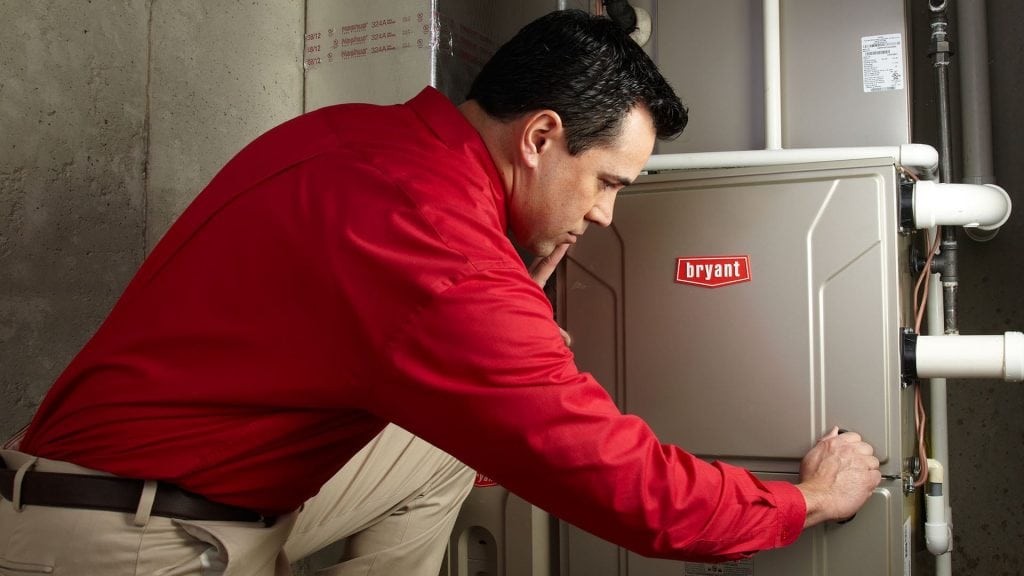Identify the Right Smart, Programmable Thermostat

Identify the Right Smart, Programmable Thermostat
If you plan to purchase a new smart, programmable thermostat, there are a few things you need to know. Not all thermostats will fit every HVAC system or home wiring setup.
Additionally, it is important to understand the difference between smart and programmable thermostats. In this first in a series of three blogs, we will cover the basics of each type, as well as pros and cons.
When you’re when in the market for a programmable thermostat, one of the first things to consider is your schedule and needs. There are two different types of thermostats we will review; programmable thermostats and smart thermostats.
What Is a Programmable Thermostat?
A programmable thermostat allows you to set up a schedule for your HVAC system. These schedules can vary based on the type of thermostat you choose, however they are all based on a daily cycle. You can choose a seven-day model (Monday through Sunday), a five-and-two-day model (Monday through Friday and weekend) and a five-one-one-day model (Monday through Friday, and Saturday and Sunday). Your choice of programmable thermostat should be based on your lifestyle and needs. For example, if someone is home at about the same time every day, a seven-day model would be best for your household. If your home is empty during the workday, and you’re at home on the weekend, then a five-and-two-day model would work best for you.Pros
- Helps with energy saving/lowers utility bills
- Easy installation
- Less expensive than a smart thermostat
Cons
- Less convenient than a smart thermostat, which learns your habits and preferences
- Cannot be remotely controlled
- Cannot automate temperature controls
What Is a Smart Thermostat?
What sets smart thermostats from the pack is their ability to connect to the Internet. This allows you to control your home’s HVAC settings from anywhere, with a simple app on your phone. Some smart thermostats also respond to voice control. Certain models may also allow you to control different heating and cooling zones in your home. Some smart thermostats learn your activity patterns as you adjust your temperatures and controls. With initial programming, they create schedules for you.Pros
- Ability to automate your heating and cooling
- Easy to maintain schedule
- Can be controlled remotely
Cons
- More expensive
- Not all smart thermostats work with all HVAC systems
- Not everyone may be comfortable with smartphone remote control



